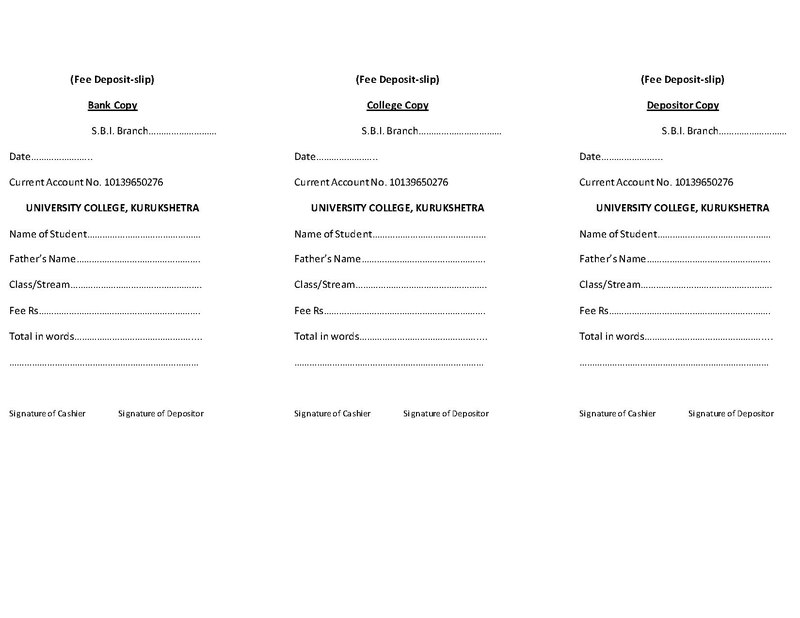Admission Fee Innovation
COURTESY :- vrindawan.in
Wikipedia
A fee is the price one pays as remuneration for rights or services. Fees usually allow for overhead, wages, costs, and markup. Traditionally, professionals in the United Kingdom (and previously the Republic of Ireland) receive a fee in contradistinction to a payment, salary, or wage, and often use guineas rather than pounds as units of account. Under the feudal system, a Knight’s fee was what was given to a knight for his service, usually the usage of land. A contingent fee is an attorney’s fee which is reduced or not charged at all if the court case is lost by the attorney.

A service fee, service charge, or surcharge is a fee added to a customer’s bill. The purpose of a service charge often depends on the nature of the product and corresponding service provided. Examples of why this fee is charged are: travel time expenses, truck rental fees, liability and workers’ compensation insurance fees, and planning fees. UPS and FedEx have recently begun surcharges for fuel.
Restaurants and banquet halls charging service charges in lieu of tips must distribute them to their wait staff in some US states (e.g., Massachusetts, New York, Montana), but in the state of Kentucky may keep them. A fee may be a flat fee or a variable one, or part of a two-part tariff. A membership fee is charged as part of a subscription business model.
For telecommunications services such as high-speed Internet and mobile phones, an activation fee is commonly assessed, although most companies fail to include it in the advertised price, resulting in customer miss perception on assessment and validity of the fees. An activation fee is prevalent throughout the cellphone industry and is generally assessed to cover costs of line activations and enhancements to networks.
Another fee is the early-termination fee applied nearly universally to cellphone contracts, supposedly to cover the remaining part of the subsidy that the provider prices the phones with. If the user terminates before the end of the term, he or she will be charged, often well over $100. In the U.S., mobile phone companies have come under heavy criticism for this anti-competitive practice, and the Federal Communications Commission (FCC) is considering limits to prevent price gouging, such as requiring the fees to be prorated.
Many cable TV and telephone companies, including AT&T, include a regulatory-cost recovery fee in the bill each month of around $3, passing the blame onto government regulation, and essentially charging their customers for complying with U.S. law.
Bank fees are assessed to customers for various services and as penalties. There are unauthorized overdraft fees, ATM usage fees, and fees for having an account balance below the minimum daily balance. Some banks charge a fee for using tellers in an effort to encourage customers to use automated services instead. The fees have come in for criticism as excessive from consumer advocates. They have also targeted bank practices that maximize the assessment of fees and fees that can add up to many times the amount of small transactions.
U.S. banks extract fees from automatic teller machine (ATM) transactions that are made at rival banks, even if the customer’s home bank has no branch in a particular area (such as when the customer is on vacation). Customers are sometimes charged twice, both by the bank that owns the ATM, and again by their bank. Bank of America charges a denial fee, literally a fee for refusing service to the customer (if there are insufficient funds or a daily limit), and a fee to simply check the account balance at a “foreign” (other banks’) ATMs.
Following the financial crisis of 2007–2008 and legislation passed by Congress, banks modified many credit card agreements with customers.
Like an activation fee, a setup fee is often charged by places that rent space or other things. In the case of self-storage businesses, this negates claims of “only one dollar for the first month” made by Public Storage and others. Apartment complexes often charge fees for pets (mainly dogs and cats). Some complexes euphemistically call these a non-refundable deposit, ignoring the definition of a deposit as inherently being refundable.
A title company or attorney collects a variety of fees in the course of handling the purchase of a house at a closing. These may include fees for tax service, flood certification, underwriting, appraisal, credit report, record deed, record deed trust, loan signing and processing.
With respect to events tickets, online reservations and payments, and other transactions, there is sometimes a service charge (often called a convenience fee) that serves as additional compensation for the company facilitating the transaction. Ticket master and others charge this, and have made a business model of it. However, such groups have a monopoly on particular events or even entire concert venues.
Airlines have long charged fees for changing flights, and for excess luggage. However, with the oil price increases since 2003, many are increasing fees. In May 2008, it was announced that some would be charging even for just one checked bag, making it nearly impossible to avoid. Airlines have also invented fees for nearly every “service” that has always previously been included in the ticket price. While the extra income may be necessary to prevent bankruptcy, the practice of not including mandatory fees in the stated price is deceptive.
Airports also charge landing fees to airlines in order to cover costs, particularly airport security.
Some businesses charge fees just for talking to a customer service representative. Direc TV charges this when ordering a pay-per-view movie via telephone instead of through the set-top box. Some companies charge for technical support, either prepaid or by using a premium-rate telephone number (such as the 1–900 numbers in North America). In the 2000s (decade), some banks in the U.S. began charging a fee just to visit a teller, prompting such customer anger that the banks were forced to back down.
